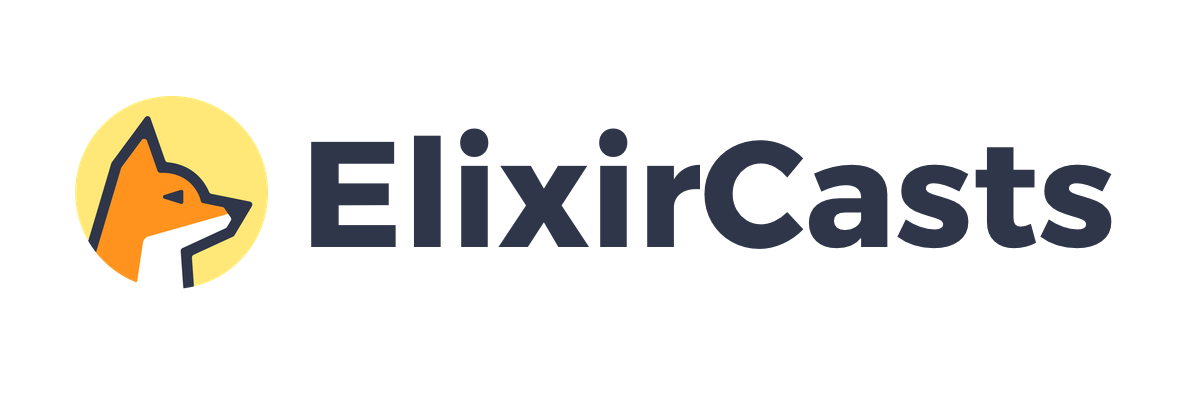Learn Elixir
& Phoenix
ElixirCasts makes it easy to learn how to build applications with Elixir and Phoenix
Watch or Read
The best of both worlds. Every episode includes a video tutorial and a full transcript.
200+ Episodes
Every episode delivers hands-on, real-world examples you can use.
Stay Current
Continually updated with episodes that showcase the latest in the Elixir ecosystem.
Latest Episodes
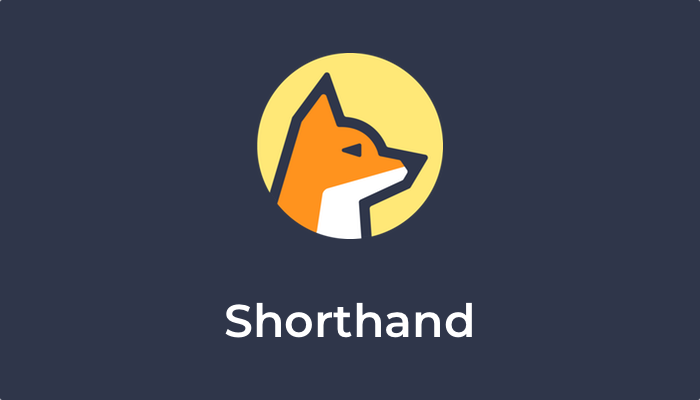
#195: Shorthand
In this episode we’ll explore Shorthand - a handy package that saves time by providing convenience macros to create or match against maps and keyword lists.
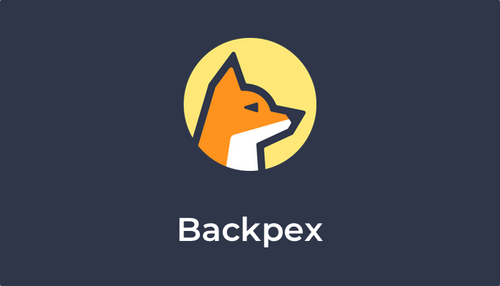
#194: Backpex Phoenix Admin Panel
Backpex is a customizable admin panel for Phoenix LiveView applications. In this episode, we’ll learn how to add Backpex to an application and create custom fields and filters.
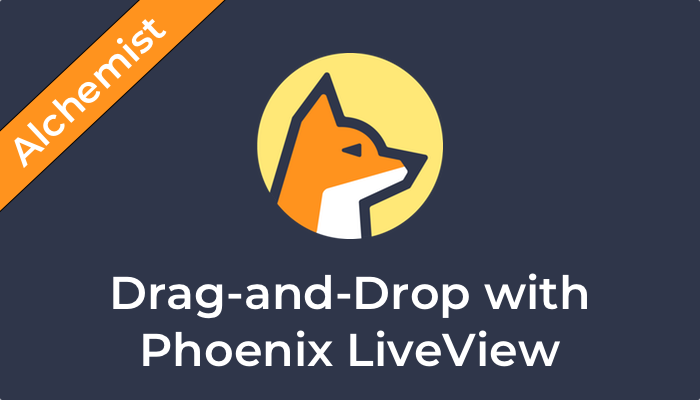
Alchemist's Edition
#193: Drag-and-Drop with Phoenix LiveView
In this episode, we’ll learn how to implement a drag-and-drop feature that uses Phoenix LiveView. When elements are dragged between lists we’ll update their properties to match the new list.
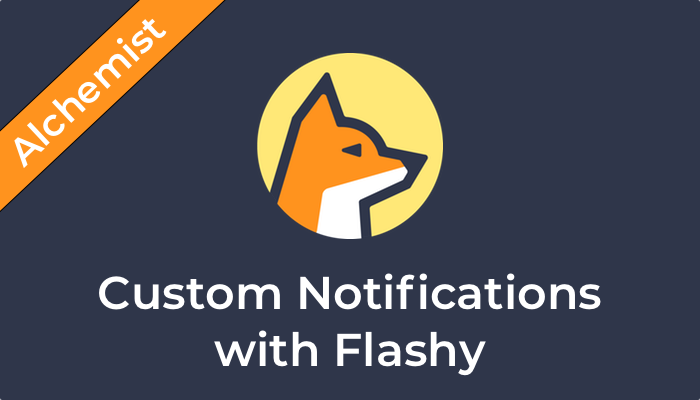
Alchemist's Edition
#192: Custom Notifications with Flashy
In this episode, we’ll create a custom notification for when a widget is sold out, allowing us to collect users’ email addresses for restock alerts.
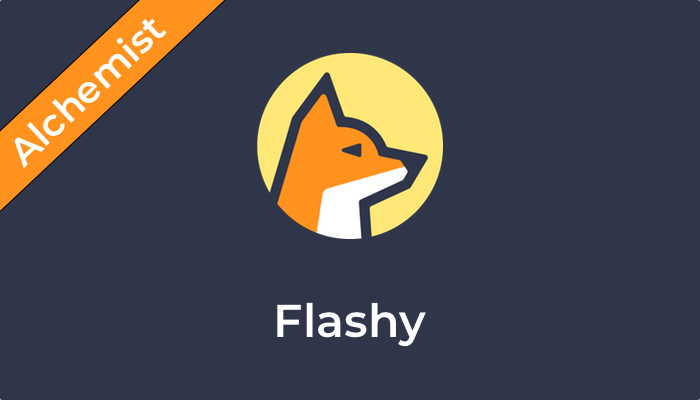
Alchemist's Edition
#191: Flash Notifications with Flashy
Make your flash messages shine with Flashy. In this episode we’ll update the default flash notifications, to use the Flashy package.
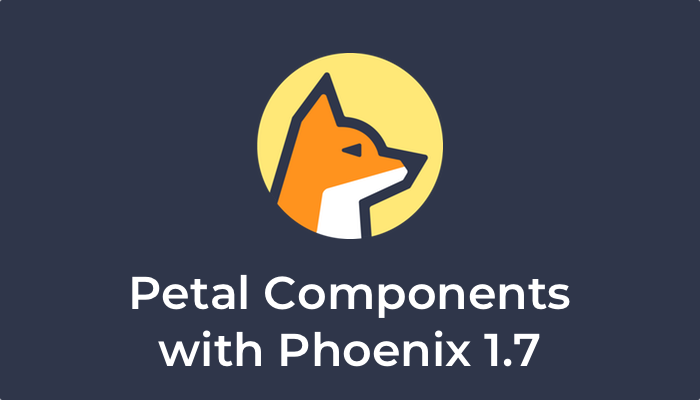
#190: Petal Components and Phoenix 1.7
In episode 190, we look at how to configure Petal Components with Phoenix 1.7.
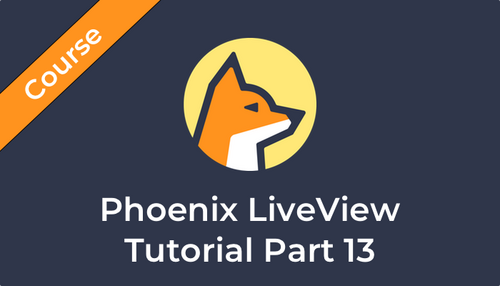
Alchemist's Edition
#189: Phoenix LiveView Tutorial Part 13
We’ll let people play our game as much as they want! In this episode, we’ll refine the game’s flow and user experience by leveraging Phoenix LiveView to start a new game for users.

Alchemist's Edition
#188: Phoenix LiveView Tutorial Part 12
Similar to our last episode, here we’ll dynamically update the backgrounds of the keycaps on our game keyboard using JavaScript Hooks.
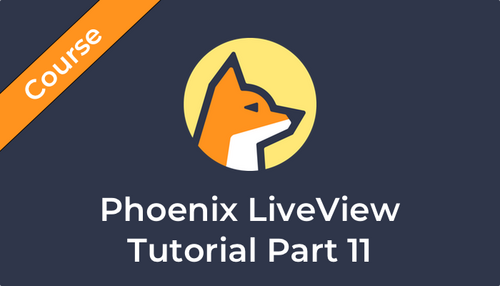
Alchemist's Edition
#187: Phoenix LiveView Tutorial Part 11
In this episode, we’ll improve the guess feedback for our game with JavaScript hooks. We’ll focus on updating the background of a guess, to indicate the status of the guess.
